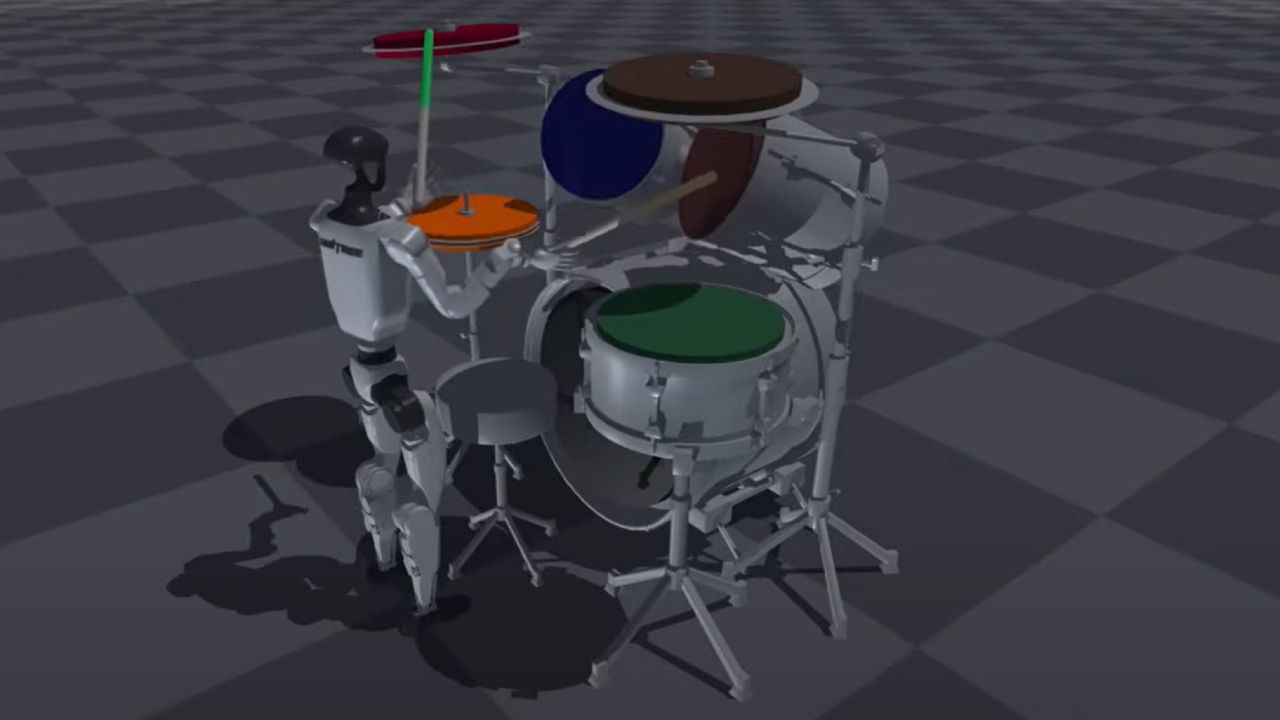Now Reading: Caffeine Withdrawal: Why the Headaches Hit Hard
-
01
Caffeine Withdrawal: Why the Headaches Hit Hard
Caffeine Withdrawal: Why the Headaches Hit Hard

Quick Summary
- Caffeine withdrawal headaches occur when a person abruptly stops consuming caffeine, such as more than 200 milligrams daily for over two weeks.
- Symptoms typically arise within 24 hours of cessation and can last up to one week or resolve when caffeine is consumed again.
- The pain may include pulsing, pounding, or throbbing migraines triggered by dilated blood vessels and an excess buildup of adenosine in the central nervous system.
- Caffeine can both relieve certain headaches (by constricting blood vessels) and contribute to withdrawal symptoms when intake is halted suddenly.
- Withdrawal headaches frequently enough occur unexpectedly in medical settings during fasting periods or hospital stays; gradual reduction is recommended to avoid them.
- Suggested strategies for cutting back on caffeine include reducing consumption by 25-50 milligrams per day or switching to lower-caffeine alternatives like tea.
Indian Opinion Analysis
Caffeine dependency is increasingly relevant to Indian lifestyles amid growing urbanization and a rise in coffee consumption. This research highlights the physiological effects of excessive daily intake, emphasizing the need for awareness around managing abrupt withdrawal symptoms. As fasting during religious events like ramadan is common across India’s diverse communities, these findings could serve as valuable guidance for individuals navigating health challenges during observances. Promoting moderate consumption alongside gradual reduction practices would support public health while respecting cultural habits.

























